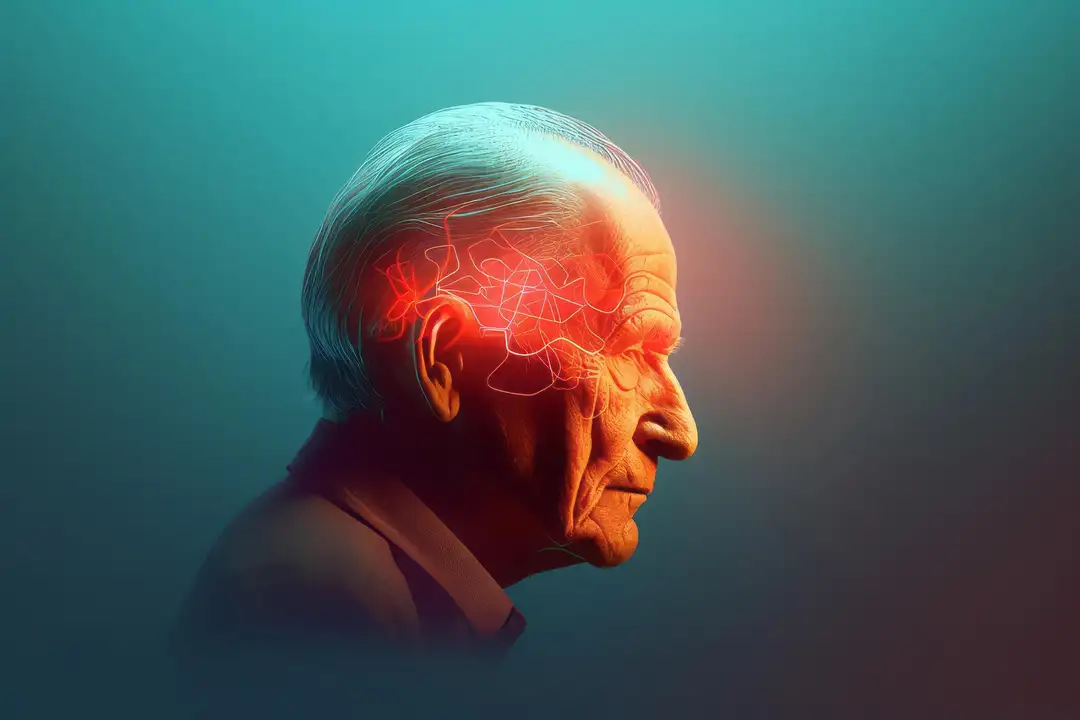
In honor of International Asperger Syndrome Day, the Psychology team at HLA Clínica Montpellier provides a comprehensive view of this Autism Spectrum Disorder (ASD).
Asperger Syndrome is characterized by difficulties in social communication and repetitive behavior patterns, without significantly affecting language development or intelligence. Since 2013, it has been considered a part of Autism Spectrum Disorder (ASD), which has led to greater inclusion in treatment and support resources.
The removal of the term Asperger created uncertainty but also facilitated a more inclusive and less fragmented view of autism,” explains Santiago Pérez, director of the Psychology Unit at HLA Clínica Montpellier. Level 1 ASD is typically diagnosed between the ages of 4 and 7, although in some cases, diagnosis may occur in adolescence or adulthood. Common signs include difficulty in social interaction and interpreting non-verbal cues, restricted interests and repetitive behaviors, heightened or reduced sensory sensitivity, difficulty understanding irony, double meanings, or figurative expressions, and a tendency to rigid routines.
Diagnosis and Treatment
People with Level 1 ASD may experience difficulties in interpreting social codes, high anxiety in the face of unexpected changes, and challenges in emotional regulation. “Diagnosis is carried out through clinical interviews, behavioral observation, and standardized tests. Treatment of Level 1 ASD is approached from an integrative perspective, with methodologies that seek to strengthen self-awareness, emotional regulation, and social interaction,” says the professional from HLA Clínica Montpellier.
The approach to Level 1 ASD requires the intervention of a multidisciplinary team. Each professional contributes a complementary approach to ensure comprehensive treatment that addresses the specific needs of individuals with Asperger Syndrome: psychologists, neuropsychologists specializing in ASD, psychiatrists in cases of anxiety, depression, or ADHD, occupational therapists, and speech therapists for sensory integration and social skills development.
Relational psychoanalysis may help improve understanding of both personal and others' emotions. Sensory integration therapy is essential for emotional self-regulation, while psychoeducational interventions and social skills training programs are key. Finally, cognitive-behavioral therapy focuses on the development of social skills and anxiety management, while Life Cycle Integration (LCI) therapy and EMDR address the processing of traumatic experiences linked to exclusion or bullying.
“To facilitate inclusion and well-being for people with Level 1 ASD, it is essential that their family and educational environments promote a structured and predictable setting, symbolic expression spaces like art or writing, and emotional psychoeducation strategies to improve communication of their internal experiences,” adds Santiago Pérez.
The Importance of Psychological Therapy for Development and Well-being
Psychological therapy plays a key role in the development and well-being of individuals with Level 1 ASD. Beyond intervention in social or emotional difficulties, therapy provides a safe space to understand and manage personal experiences, strengthen identity, and improve quality of life. Through various therapeutic approaches, the goal is to foster autonomy, self-acceptance, and emotional well-being.
“Many people with Asperger Syndrome have traumatic experiences linked to exclusion or emotional mistreatment, which can lead to a psychic structure based on defense against connection. Therapeutic work aims to restore the capacity to connect with others from a secure place,” says Santiago Pérez.
In adulthood, employment insertion for individuals with Level 1 ASD can be affected by previous experiences of rejection. Therefore, companies should embrace true inclusion, not only through technical adaptations but also through an organizational culture that values neurodiversity. While many individuals with Level 1 ASD can lead independent lives, they may need support in managing emotions and structuring their daily routines. Psychotherapy provides them with tools to better interpret their internal world and enhance their skills.
“Not all individuals with Asperger Syndrome have high abilities, but it is common for them to develop outstanding skills in areas like mathematics, technology, music, or art due to their detailed focus and concentration,” explains the psychologist.
The Role of Family for Individuals with ASD
Societal perception of ASD has evolved, leading to greater awareness of neurodiversity. However, stigma and a lack of knowledge persist in some areas.
“For families receiving a diagnosis, the message is clear: this does not define the person, and with the right support, they can fully develop their potential. The professionals at HLA Clínica Montpellier support individuals with ASD and their families, offering a comprehensive therapeutic approach that promotes well-being and personal development,” says Santiago Pérez.
“We work from an integrative perspective, where we try to understand the nuances of their fears and insecurities. Thanks to a psychotraumatological approach, relational psychoanalysis, and expressive therapies, we help improve their emotional integration, and through group therapy, they can strengthen interpersonal skills,” concludes the psychologist.
Sources
- https://www.vademecum.es/noticia-250218-HLA+Cl+iacute+nica+Montpellier+aborda+el+diagn+oacute+stico+y+tratamiento+del+S




